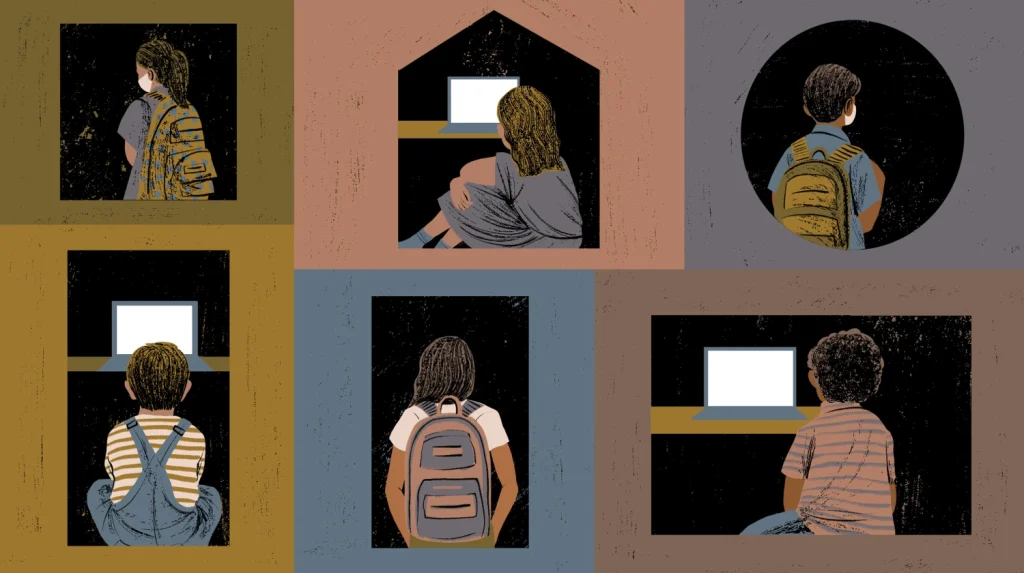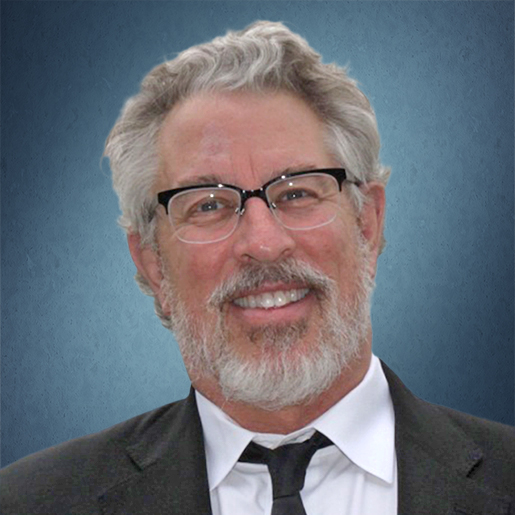
INDIANA – A surprising number of children and teens are under significant stress, which is likely true for many others in our communities.

Research shows that the COVID-19 pandemic heightened anxiety and depression for many kids, and we are now seeing the effects. It can feel overwhelming to consider the impact these events, although out of our control, have had or will have on our children. It can be even more overwhelming to think about healing and moving on from these stressors.
When we think about recovery from intense stress, our brains will go right to traditional one-on-one outpatient therapy. While this is undoubtedly an essential part of healing for some children and teens, it is also important to consider how small therapeutic moments in a child’s day can immensely impact their life.

Clinician and researcher Bruce Perry has studied trauma in young children and developed an understanding of how it affects them and how communities can help them overcome trauma and adversity. While many situations that Bruce Perry researches and discusses are extreme, one important takeaway is the power of therapeutic moments and interactions.
These interactions may be with parents, teachers, administrators, counselors, and social workers in our schools and communities. Perry explains in his book The Boy Who Was Raised as a Dog that a therapeutic moment can significantly influence a child’s life. He writes, “It merely requires being present in social settings and being, well, basically, kind… The more we can provide each other these moments of simple, human connection – even a brief nod or a moment of eye contact – the more we’ll be able to heal those who have suffered traumatic experiences.”
This gives me hope when I think about our communities and the children in our schools. It illustrates that any moment can be therapeutic if we are attentive and engaged with a child and their actions. This might mean interacting with a child, getting ready for school in the morning, after they get home, or in the hallway as students go from class to class.

It may seem challenging to help a child recover from stressors or move on from a situation that felt hard for them. Yet this view of recovery and therapeutic moments gives adults the space and permission to engage authentically with the children and teens in their lives. It shows the power that nurturing adults can genuinely have.
This lens gives us, as the adults in a child’s life, permission to show up authentically and gives us evidence that if we do so consistently, that alone may be enough to help a child overcome stress and heal from traumatic events they might have experienced. The Youth First Social Worker or Youth First Mental Health Professional in your child’s school building can help parents and teachers consider ways to bolster and provide therapeutic moments and create moments for co-regulation in a day.

Hannah Gill, MSW, LSW, is a Youth First Social Worker at Martinsville High School in Morgan County. Youth First, Inc., is a nonprofit dedicated to strengthening youth and families. Youth First provides 90 highly trained mental health professionals (primarily master’s level social workers), prevention programs, parent engagement coordinators, and bilingual support personnel to 125 schools across 14 Indiana counties. Over 50,000 youth and families per year are served by Youth First’s school-based social work and community programs that promote mental health, prevent substance misuse, and maximize student success. To learn more about Youth First, visit youthfirstinc.org or call 812-421-8336.



